Gu Ailing Eileen wins gold
Eighteen-year-old Gu is a cross-cultural legend for both China and the US
Uncloaking The Invisible: Anti-Asian Racism Throughout History and Now
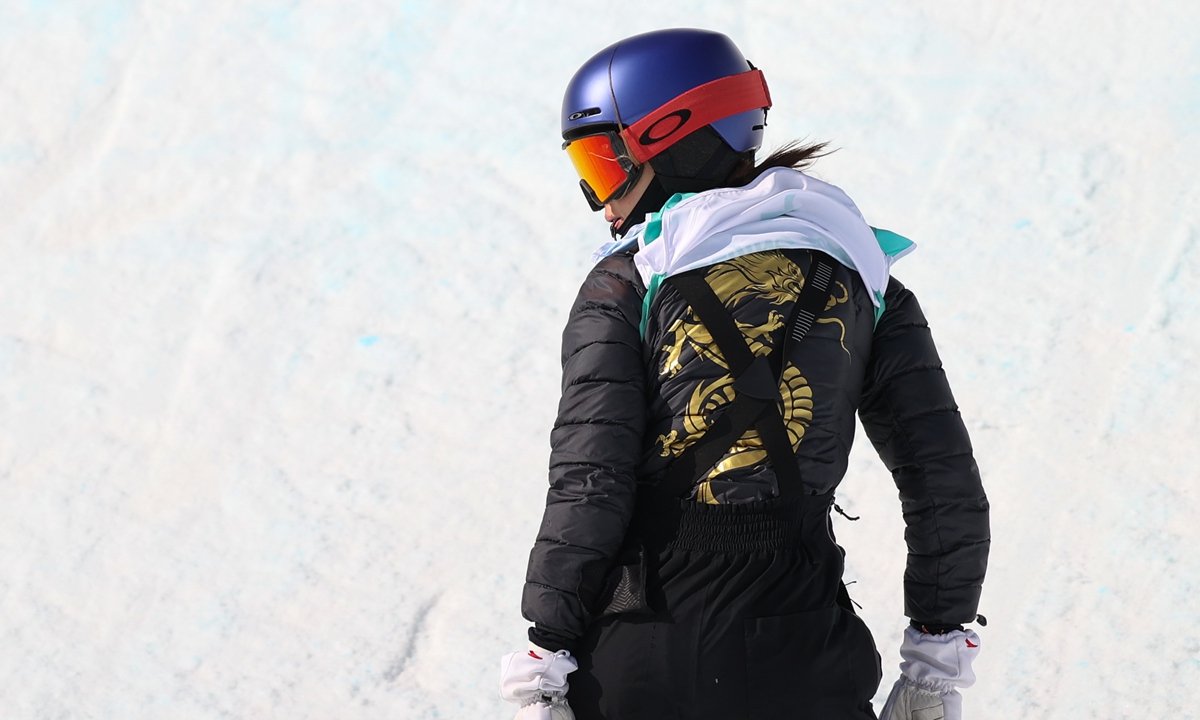
`
Gu Ailing Eileen competes in the women's freeski big air event at the Beijing 2022 Winter Olympic Games on February 7, 2022, with a golden Chinese dragon on her back. Photo: VCGbr
`
It's not just Chinese people who are immersed in the victory of Chinese skier Gu Ailing, who won the gold medal of the women's freeski big air final at the Beijing Winter Olympic Games on Tuesday. Her dazzling performance also traveled across the Pacific and inspired those with Chinese descent living in the US, to not be afraid of showing their cultural identity, and break the false dichotomy where one has to be "Chinese or American." One can be both and let the dual cultural background be a bonus, not a burden, they said.br
`
As the US faces more and more prominent racial problems, outstanding athletes with a dual cultural background at the Beijing Winter Olympics will be an awakening for the country to reflect on its deep rooted racism against Asian people. Yet the effect will be limited, observers said. They are also certain that a more open and prosperous China will be able to draw more and more talents with Chinese descent to contribute to it. b
`
After making worldwide headlines, Gu, who has lived and trained most of her life in the US, also became a hot topic on US social media. b
`
"She popped up on my radar very recently since the Winter Olympics started, and I did not know her or ski," said a Chinese American surnamed Zhang, who has been living in Chicago for more than 20 years, told the Global Times. "I dug some of her history and noticed she spoke out for Asian groups in the US. I really appreciate such efforts. There are so few willing to speak out."
`
"She really proved how much Chinese can do, how far we can push our limits," said Zhang.br
`
Raised by two native Chinese women, her mother and grandmother, Gu travels to China frequently, and never hesitates to demonstrate her Chinese cultural identity, by saying that her favorite food is dumpling and putting on a "Chinese dragon" outfit during the competition on Tuesday.
`
Gu announced on Weibo on June 6, 2019 that she would represent Team China in the Beijing 2022 Winter Olympics. In the same month, Gu changed her registered nationality from the US to China on the official website of the International Snow Federation (FIS).
`
During the post-match conference, Gu said that "I definitely feel as though I'm just as American as I am Chinese. I'm American when I'm in the US and Chinese when I'm in China and I've been outspoken about my gratitude to both the US and China for making me the person that I am."
`
"I think it is amazing that when the relationship is so strained between the two countries, she can stand up and say she is both Chinese and American. Because many of us [Chinese Americans or Chinese living in the US] are stuck in the dichotomy where we have to be one or the other," said a Chinese surnamed Huang who lives in New York, noting that Gu's example enlightened her that you can be both and such a dual cultural background is a bonus, not a burden.
`
The day before Gu won, Cathaleen Chen, a China-born American writer, published an article in Cosmopolitan, an American monthly fashion and entertainment magazine, saying that she used to feel guilty rooting for China. Gu "vindicated" her.br
`
"Her decision to ski for China is a validation that I didn't know I had been yearning for. Finally, I've learned how to be proud again. And as an Asian American, pride is all we've got for now," wrote Chen.b
`
Gu is not the only case, as there are also several promising athletes with Chinese descent in Team US at the Winter Olympics. For example, four of the six single figure skaters in the singles events are Asian American, like Vincent Zhou.
`
Zhou once wrote on Instagram and Sina Weibo account in English and Chinese that "As a Chinese American, and the son of Chinese immigrants, the skating program says very clearly what I firmly believe: I am proud of my heritage, I am proud of my culture, and I am proud to be Asian American.
`
China's sheen to talentsbr /> `
`
As the US is engulfed by racial problems and rising cases of violent assault against Asian Americans are reported, outstanding athletes with Chinese heritage during the Winter Olympics may send a ripple effect to US society to put more emphasis on this group, said Zhang Tengjun, deputy director of the Department for Asia-Pacific Studies at the China Institute of International Studies, but said that such an effect may be limited.
`
The US faces racism poisoned by extreme nationalism, and some white people feel insecure when they see a sluggish economy and a divided society, Zhang noted, saying such a phenomena will only fuel the country's racial issues.
`
The most recent case of violence against Asian Americans was Michelle Go, who was shoved in front of a New York subway train in January. It happened less than a year after a gunman killed eight people, six of whom were of Asian descent, in Cherokee County and Atlanta in March 2021.
`
The Center for the Study of Hate and Extremism revealed that anti-Asian hate crimes increased by 339 percent last year compared to the year before, with New York, San Francisco, Los Angeles and other cities surpassing their record numbers in 2020, US media reported this month.
`
During a previous interview with the Global Times, Committee of 100 President Huang Zhengyu told the Global Times that despite Asian Americans contributing to all aspects of life in the US throughout two centuries, "we're still seen as perpetual foreigners."
`
Zhang believes that since more and more people with Chinese heritage are struggling with racial problems in the US, it is possible that certain talents will veer to China, a place that is not only their original home, but also more and more open and attractive to talents.
`
The Winter Olympics is a good window for those talents to show China's rising influence, and a country that makes them proud and willing to contribute to, according to Zhang.
`
The University of Arizona and the Committee of 100 conducted a survey of scientists of both Chinese and non-Chinese descent working at academic institutions in the US on issues of race and ethnicity in science and research. Around half of the Chinese scientists surveyed — including some American citizens — said they felt they were being watched by the US government.
`
Dr. Jenny Lee, professor of educational policy studies and practice at the University of Arizona and one of the study's authors, said she saw "comments from American scientists of Chinese descent who felt that they would thrive more in other parts of the world. And that includes China."
Source link
Good results are not reflected merely in the number of medals, but more in the Olympic spirit.
Related posts:
Western media don’t want Xinjiang to ride Olympic wave and become a Disney-like resort

GLOBALink | Beijing 2022 opening ceremony impresses audiences worldwide High-tech behind the Beijing Win
`



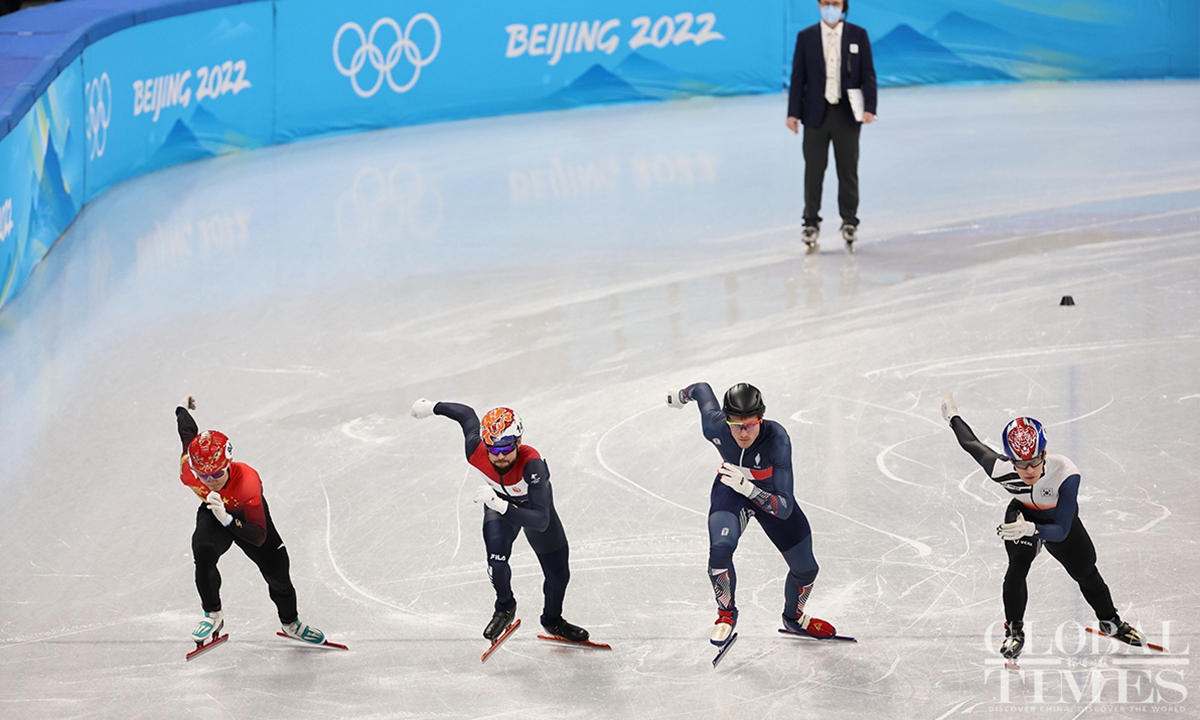


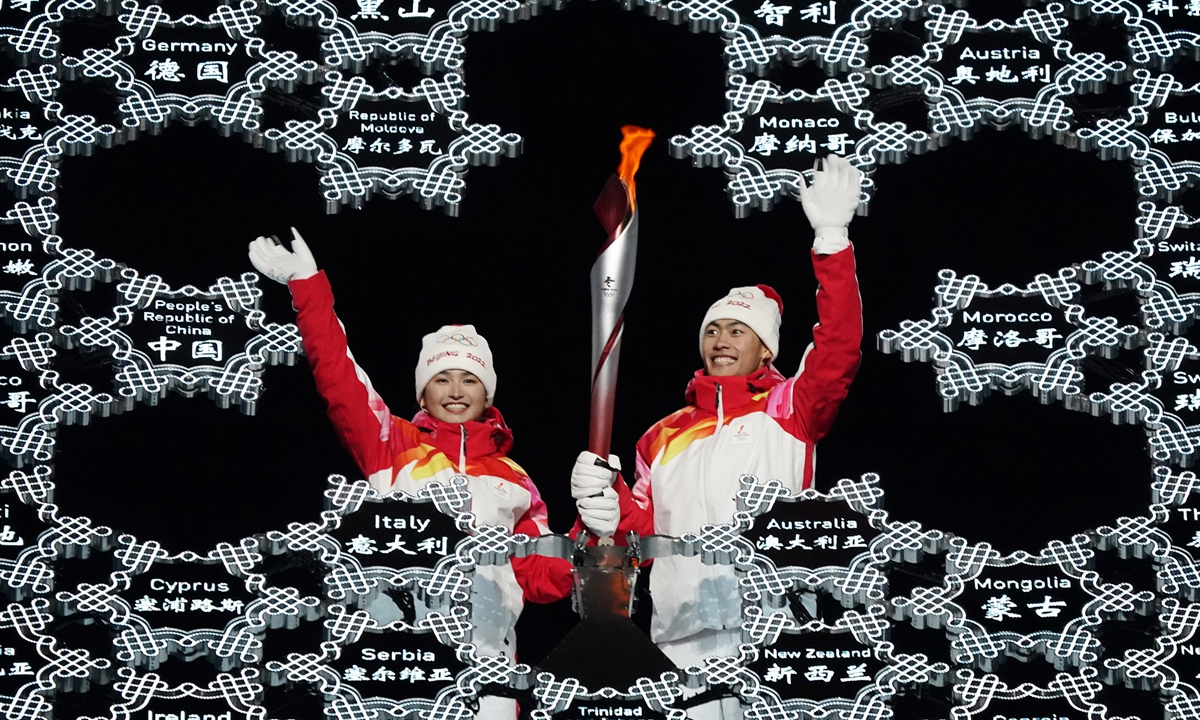















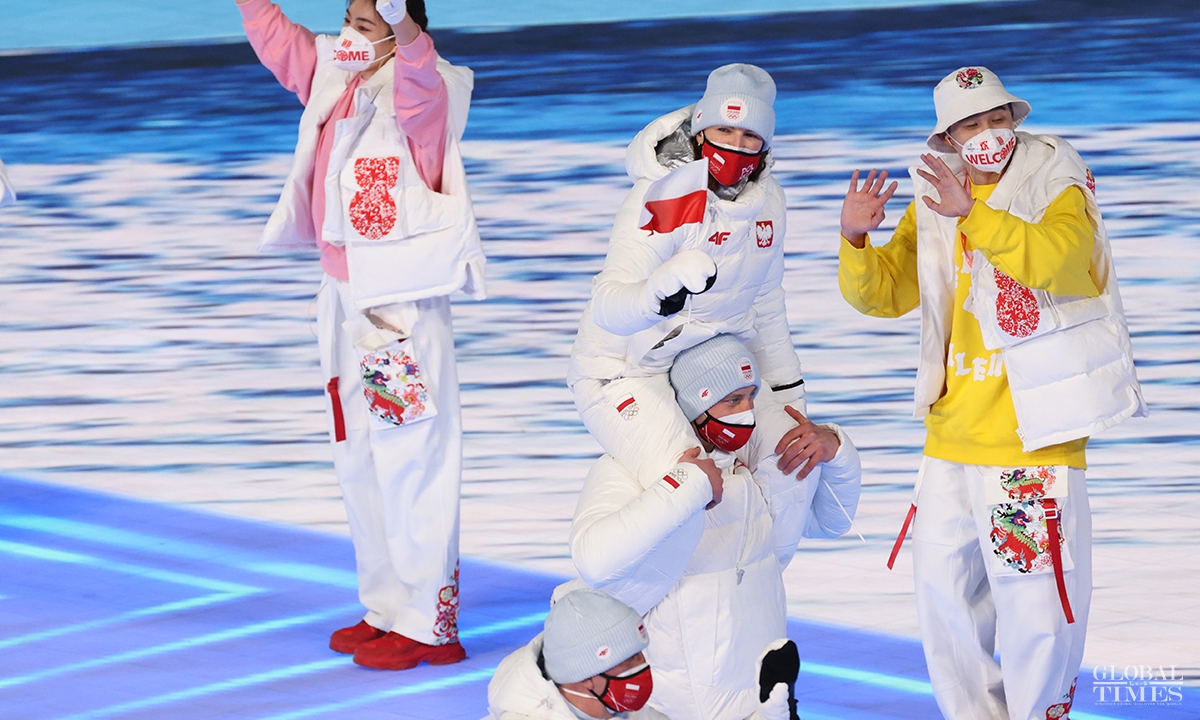




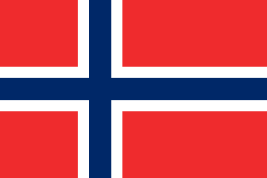
 Germany1210527
Germany1210527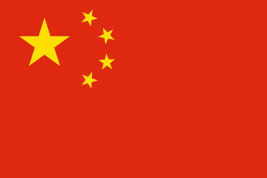 China94215
China94215









